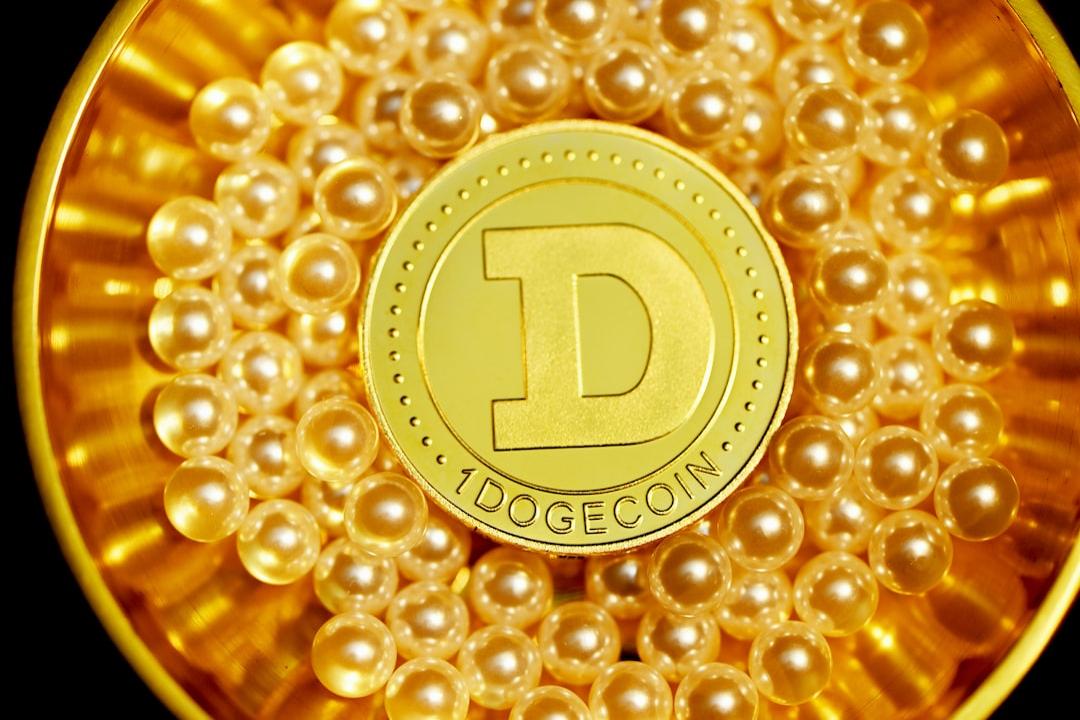Nillion Processes Data Securely Through “Blind Computing” Without Revealing Content
The privacy-protecting blockchain project Nillion recently announced the successful completion of a funding round, raising $25 million. This round was led by the venture capital firm Hack VC, with support from members of projects such as Arbitrum, Worldcoin, Sei, and several angel investors. Nillion stated that the funds will be used to promote its “blind computing” technology, thereby enhancing data security and advancing the development of decentralized applications.
Blind Computing: Ensuring Data Privacy
Nillion’s core technology, “blind computing,” is an innovative method of processing data without disclosing its content. This technology allows various applications to collaborate without revealing sensitive information, ensuring data privacy. At the same time, this processing model is suitable for large-scale data computation scenarios that require high data security, providing support for blockchain and AI applications.


Blind Computing
Collaborative Partners Expanding the Nillion Ecosystem
Nillion’s partners include several blockchains such as NEAR, Aptos, Arbitrum, and Ritual. Through these partnerships, Nillion aims to further expand its application ecosystem and attract more cross-chain and AI projects to join. In Nillion’s plan, these collaborations will help build an open environment that balances data sharing and privacy protection, meeting the needs of various applications.
Meeting the Needs of Blockchain and AI, Providing Secure Data Sharing Solutions
With the development of artificial intelligence and blockchain technology, more and more projects are beginning to explore the intersection of the two, particularly in data sharing and secure storage. Nillion pointed out that AI development requires vast amounts of data, and decentralized data storage and processing technologies help break data monopolies, preventing data from being controlled by a few centralized entities. Nillion stated in its announcement, “In this brave new world, the demand for data storage and computing is growing, and the upgrade of data processing technologies is urgently needed.”

